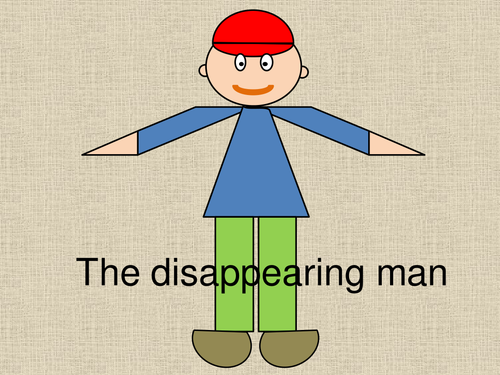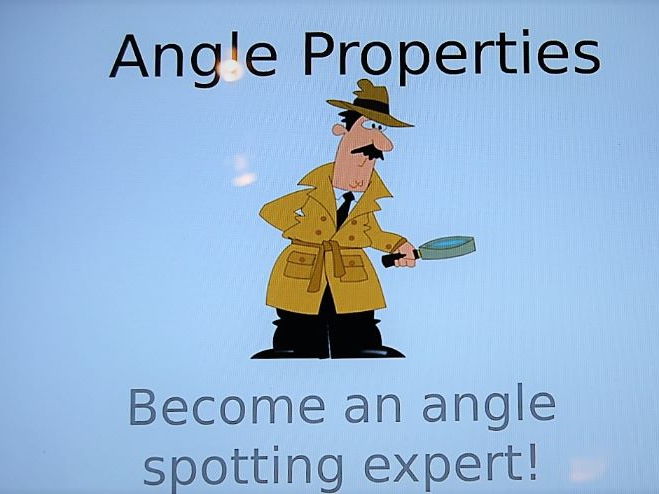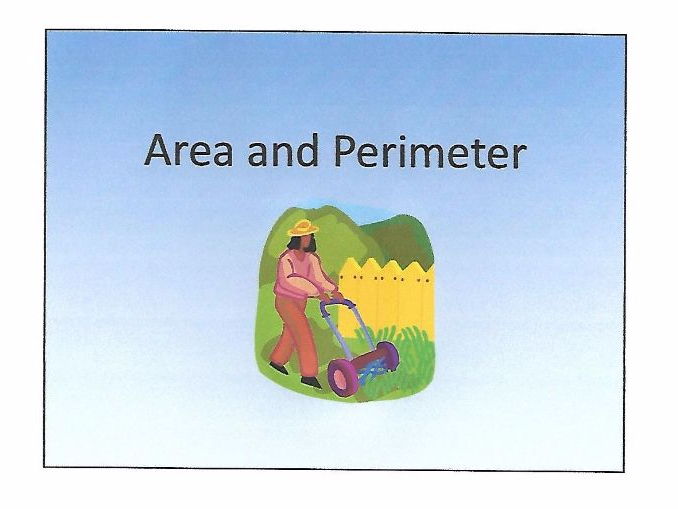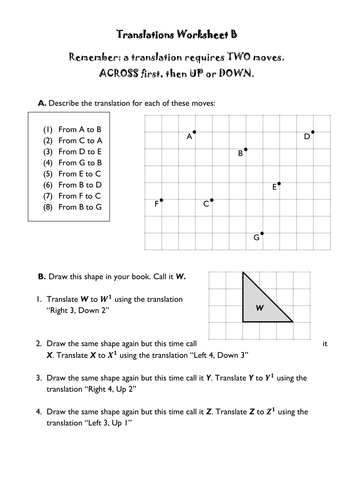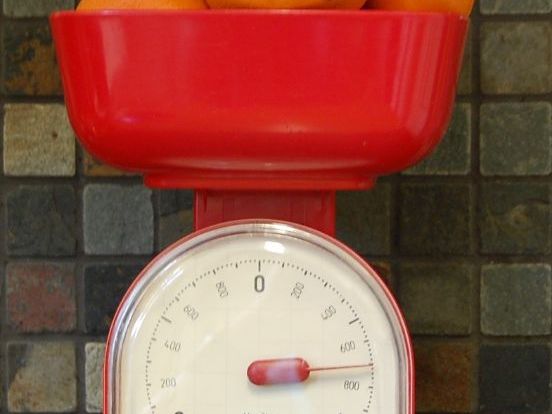#1 MATHS RESOURCES
After downloading my first resource over nine years ago and receiving 93,000 viewings, I realised that the sort of resources I create seems to be what busy teachers want. Everything I make is tried and tested on my willing pupils and my aim is for everyone to enjoy and understand the topics I feature.






